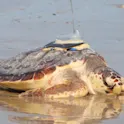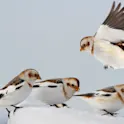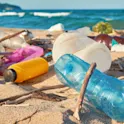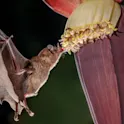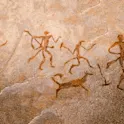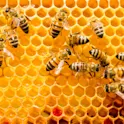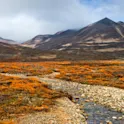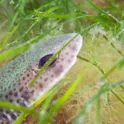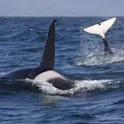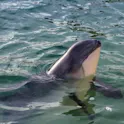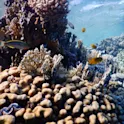A dog’s life: James A Serpell and his investigation into the origin story of mankind’s best friend
By Colm Gorey, Frontiers science writer/Prof James Serpell, University of Pennsylvania Prof James A Serpell, University of Pennsylvania. Image: University of Pennsylvania Two distinctly different stories have been created to explain how fearsome, wild wolves were first domesticated by humans, according to Prof James A Serpell of the University of Pennsylvania and the Wallis Annenberg PetShape Leadership Institute. However, in the open access journal Frontiers, he recently published a paper investigating the truth of these claims. Despite being considered mankind’s best friend, the ancestors of modern dogs were a lot less welcoming to human owners. However, trying to trace the timeline of when early humans first domesticated wild wolves to serve their needs has proven difficult. One of the most prevalent origin stories in scientific literature suggests the ‘commensal scavenger hypothesis’. This posited that wolves essentially domesticated themselves by invading ancient human settlements in search of animal remains and other edible waste discarded by hunter-gatherers. Over time, tolerance by humans gave a selective advantage to the bolder, less fearful wolves, which then diverged from the ancestral population as they adapted to the new scavenging niche. An alternative hypothesis – sometimes referred to as the pet keeping or cross-species adoption hypothesis […]

